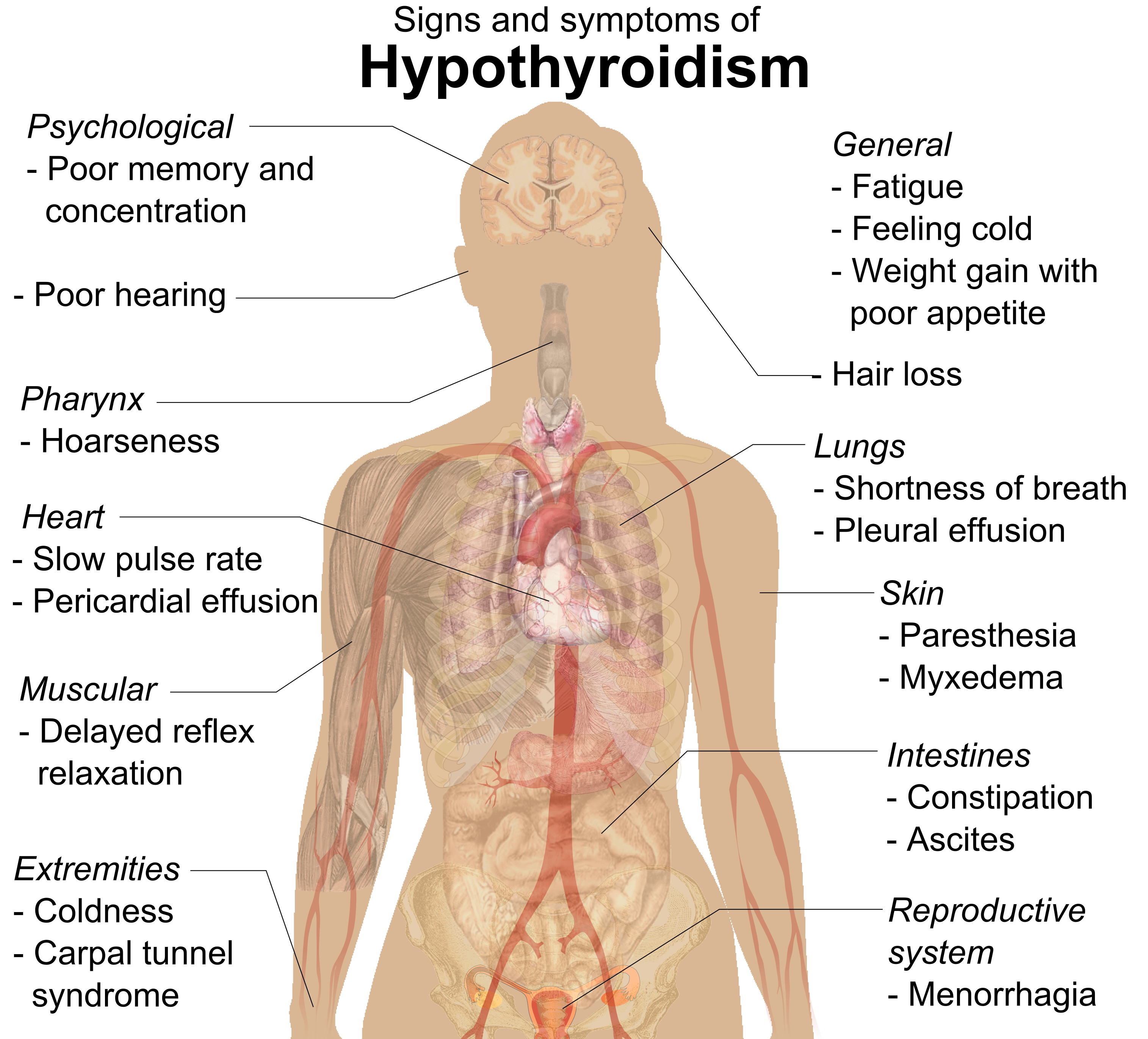
08 Nov Is Your Hypothyroid Treatment Not Working?
According to the National Institutes of Health, about one in twenty Americans have hypothyroidism. With it being so widespread, health professionals are doing a pretty good job of treating those who are affected. But what if you’re being treated and aren’t seeing results?
Covering the Basics
First, let’s talk about the thyroid gland, which is located just below your Adam’s apple and wraps around your windpipe. Your thyroid gland is responsible for the production of a few different hormones, including thyroxine (T4) and very small amounts of triiodothyronine (T3), but the main hormone generated by the thyroid gland is T4. Endocrineweb.com explains that “when T4 hormones come into contact with other cells, they lose an iodine atom in order to interact with those cells. After losing this atom, T4 becomes T3.”
Why Is T3 Important?
T3 is basically the signal for other cells in the body to make energy. “Think of your thyroid as a car engine that sets the pace at which your body operates,” explains Dr. Jeffrey R. Garber in his book The Harvard Medical School Guide to Overcoming Thyroid Problems. “An engine produces the required amount of energy for a car to move at a certain speed. In the same way, your thyroid gland manufactures enough thyroid hormone to prompt your cells to perform a function at a certain rate.”
If your thyroid doesn’t produce enough thyroid hormone, you probably have what’s called hypothyroidism. You may feel tired and fatigued. You could also experience mood disorders, weight gain, hair loss, or other symptoms.
The good news is that hypothyroidism can be treated by a medical professional. But what if you’re being treated and your thyroid hormone levels look normal again, but you don’t feel any different?
T3’s Evil Twin—Reverse T3 (RT3)
When the “incorrect” iodine atom is removed from T4, you get RT3 rather than T3. Instead of doing what T3 is supposed to do, RT3 actually blocks T3 from doing its job. The average test won’t differentiate between RT3 and T3 levels. As a result, even though your levels will display as “normal” in test results, you’ll still experience hypothyroid symptoms.
You can determine your RT3 levels by taking specific tests, but there are a lot of providers out there who won’t test for it because they believe it’s so rare. Being tested can confirm whether or not your progress is being impeded by RT3 levels. If tests confirm that RT3 levels are the culprit, that knowledge puts you in a position to take charge of your hypothyroid once again, and you can talk to your health provider about how to treat RT3.
If you’re being treated for hypothyroidism and aren’t seeing improvement, schedule an appointment with LT Men’s Clinic to get RT3 tested today.
Sources:
http://misslizzy.me/when-normal-thyroid-treatment-isnt-working-it-could-be-rt3/
